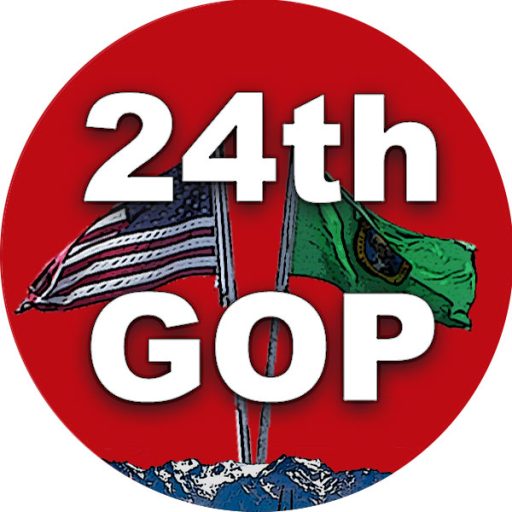In the 2025 legislative session, Washington State passed two significant tax bills—SB 5794 and HB 2081—aimed at reforming how businesses are taxed. While each bill carries its own goals, the unintended interaction between the two could have serious consequences, especially for small business owners, financial institutions, and the state’s economic future.
🧾 What Do These Bills Actually Do?
SB 5794:
This bill cleans up various outdated or narrow tax exemptions, eliminating tax breaks used by wholesalers, storage businesses, and some financial institutions. It also imposes new taxes on credit union mergers and adds reporting requirements for certain financial organizations. Effective date: January 1, 2026.
HB 2081:
This bill raises Business & Occupation (B&O) tax rates across a range of industries. It targets financial services, advanced computing companies, and larger service-based firms (like law firms and tech consultants). Effective date: July 27, 2025 for most parts, with the advanced computing surcharge increasing to 7.5% on January 1, 2026.
⚠️ Where It Gets Complicated
At first glance, these bills may seem unrelated. But in practice, they overlap in dangerous ways:
-
Businesses may lose a tax exemption under SB 5794 just months before facing a tax rate hike under HB 2081.
-
Companies operating in multiple sectors—especially finance and technology—could be hit twice by both laws.
-
The staggered timing makes financial planning nearly impossible, particularly for smaller firms that don’t have dedicated compliance teams.
📚 History Repeats: Past Overlaps and Lessons Ignored
Washington has a track record of tax reforms colliding unintentionally:
🏛 1987 B&O Overhaul
When B&O tax laws were restructured after a Supreme Court decision, many businesses were suddenly taxed across multiple activities. Without proper exemptions or phase-ins, they were blindsided by administrative burdens and higher costs—much like what SB 5794 and HB 2081 might now recreate.
⚰️ 2006 Estate Tax Repeal Attempt
Had Initiative 920 passed to repeal the estate tax, it would have gutted school funding without a backup plan. Lawmakers learned then that you can’t pull one revenue source without understanding the domino effect—a lesson being ignored here.
💼 2021 Capital Gains Tax & I-2109
The capital gains tax brought in huge revenue—but a repeal initiative (I-2109) put the entire system in limbo. Agencies were forced to plan for two futures, a budgeting mess that could happen again if either SB 5794 or HB 2081 gets challenged or adjusted late.
👥 Who Will Feel It Most?
🏪 Small Business Owners
Many small firms rely on narrow exemptions to survive high B&O taxes. By removing those exemptions (SB 5794) and increasing rates (HB 2081), these businesses get hit twice—without any increase in the small-business credit threshold to cushion the blow.
Imagine a local IT consultant:
-
They lose their storage or reseller credit.
-
Their tax rate increases.
-
They can’t raise prices fast enough to compensate.
The result? Layoffs, price hikes, or closure.
🏦 Financial Institutions
Banks and credit unions now face a two-part threat:
-
New taxes and disclosures under SB 5794, especially during mergers.
-
Rate hikes on B&O taxes under HB 2081.
Mergers may slow, and smaller financial institutions could find themselves priced out of regional expansion due to compliance costs.
💻 Advanced Computing & Tech Companies
HB 2081 raises the advanced computing surcharge from 1.22% to 7.5%—a huge jump. If SB 5794 also removes R&D-related exemptions these companies relied on, it becomes too costly to expand or hire in Washington.
This could push innovation jobs out of state—just as neighboring regions compete to attract tech investment.
🔍 What Needs to Happen
These bills weren’t designed to work together—and the consequences of ignoring that are clear. Lawmakers must:
-
Coordinate Effective Dates – to avoid stacking tax burdens all at once.
-
Provide Transition Relief – credits or grace periods for those losing exemptions while entering higher tax brackets.
-
Raise the Small-Business Threshold – to shield the backbone of Washington’s economy.
-
Monitor for Job Losses – especially in tech and service sectors.
🧩 Final Thought
Washington’s tax landscape is changing fast—but change without coordination is chaos. Unless legislative action is taken to smooth the impact of SB 5794 and HB 2081, small businesses, financial institutions, and job creators may suffer unintended and lasting consequences.
Now is the time to demand clarity and relief—before this perfect storm becomes permanent.

